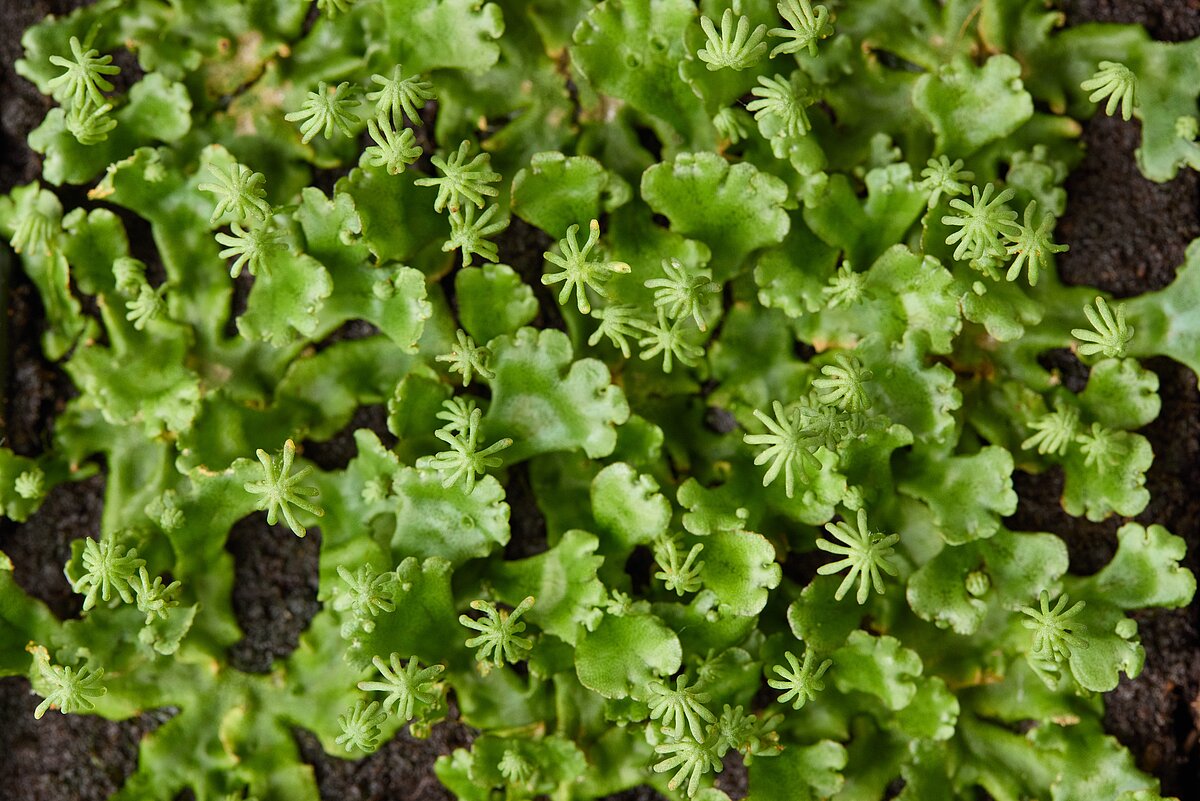
Genetic Insights Reveal How Plants Adapt to Climate Change
February 19, 2025| |
A new study by Liam Dolan and Frédéric Berger at the Gregor Mendel Institute (GMI) of Molecular Plant Biology connects climate data with genetic variation, shedding light on how plants like Marchantia polymorpha adapt to different climate conditions.
Understanding how plants naturally adapt to varying environments is essential for predicting their responses to climate change, which can ultimately aid in developing more resilient crops. Dolan and Berger's research utilized population genetics along with global climate data to identify genetic variants that contribute to climate adaptation in M. polymorpha.
The researchers examined the genetics of various regional subpopulations of M. polymorpha collected from Europe, America, and Japan to create a comprehensive population genomics database. They compared the populations from Europe and Japan and identified genetic variants linked to warmer and colder summer temperatures and variations in summer precipitation. "These adaptations could be crucial for optimizing reproduction under different conditions," said Dolan.
Additionally, the study found that genetic variability varies between M. polymorpha populations. Subpopulations from different regions in Europe were quite similar to one another but exhibited high genetic diversity among individual plants. In contrast, the geographically isolated Japanese populations displayed more uniform genetic profiles, which were distinct from those found in Europe. These patterns suggest that climate adaptation may promote different reproductive strategies in Europe and Japan, especially since M. polymorpha and other bryophytes can reproduce both sexually and asexually.
For more details, read the article on the GMI website.
| |
You might also like:
- Climate Change Worsens Agriculture’s Environmental Impacts
- Study Reveals Linkages Between Crop Biotech and Climate Change Mitigation
- Study Suggests Wheat Crops Threatened by Unprecedented Heat and Drought
Biotech Updates is a weekly newsletter of ISAAA, a not-for-profit organization. It is distributed for free to over 22,000 subscribers worldwide to inform them about the key developments in biosciences, especially in biotechnology. Your support will help us in our mission to feed the world with knowledge. You can help by donating as little as $10.
-
See more articles:
-
Plant
- Researchers Identify Genes that Help Sorghum Resist Striga by Preventing its Germination
- Scientists Have Identified Genetic Defense Against Soybean Cyst Nematodes
- Study Elucidates Salt Tolerance Breeding in Plants
- ISAAA and DA Biotech Program to Hold a Webinar on Regulatory Frameworks for New Breeding Techniques in Crops
- Report Tackles China's Agricultural Transformation Plans for 2025
-
Animal
- Engineered Animals to Fight Mercury Pollution
- Brazilian Fish and CAT Introduce First Gene-Edited Tilapia in Brazil
-
Environment
- Genetic Insights Reveal How Plants Adapt to Climate Change
-
Read the latest: - Biotech Updates (December 17, 2025)
- Gene Editing Supplement (December 17, 2025)
- Gene Drive Supplement (February 22, 2023)
-
Subscribe to BU: - Share
- Tweet

